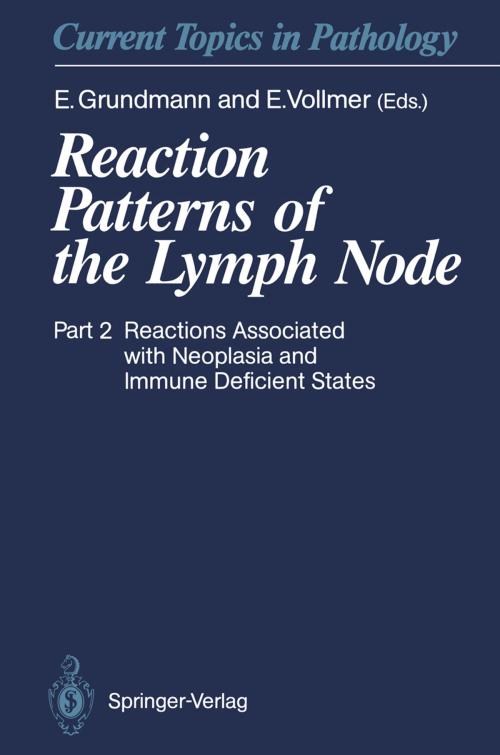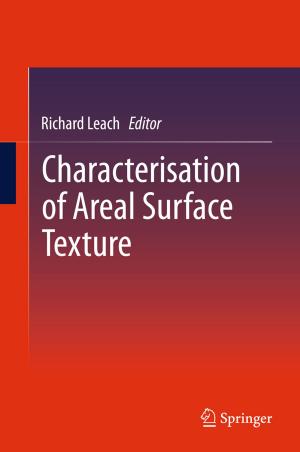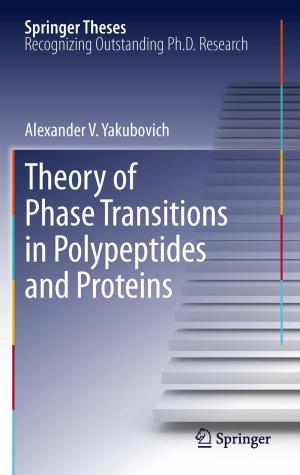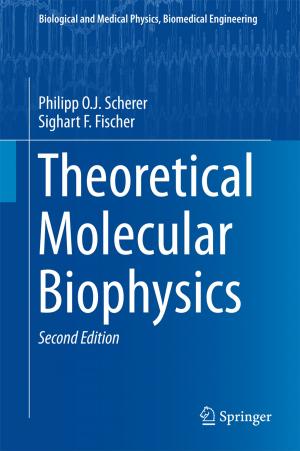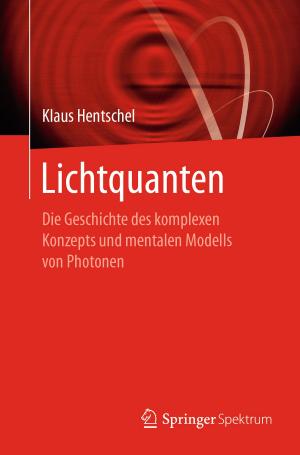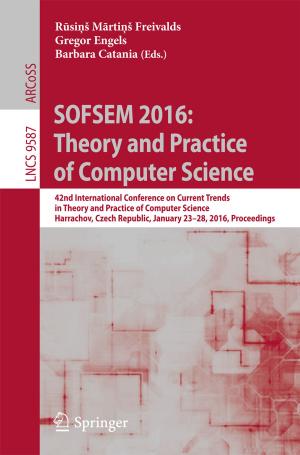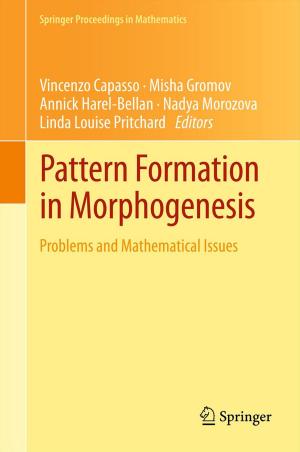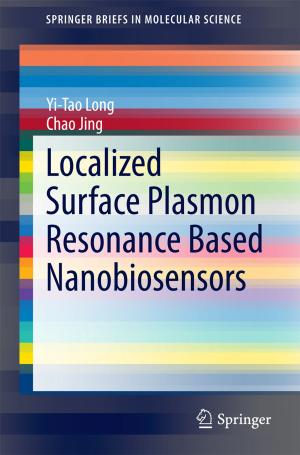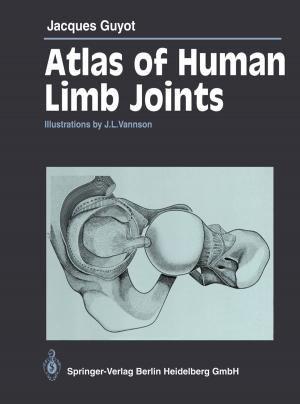Reaction Patterns of the Lymph Node
Part 2 Reactions Associated with Neoplasia and Immune Deficient States
Nonfiction, Health & Well Being, Medical, Specialties, Internal Medicine, Hematology, Pathology| Author: | D.V. Ablashi, J. Audouin, N. Beck, H. Cottier, J. Diebold, E. Grundmann, S.F. Josephs, R. Kraft, V. Krieg, G.R.F. Krueger, A. Le Tourneau, D. Lorke, P. Lusso, F. Meister, P. Möller, S. Prevot, F. Shimamoto, G. Szekeres, E. Vollmer | ISBN: | 9783642755224 |
| Publisher: | Springer Berlin Heidelberg | Publication: | December 6, 2012 |
| Imprint: | Springer | Language: | English |
| Author: | D.V. Ablashi, J. Audouin, N. Beck, H. Cottier, J. Diebold, E. Grundmann, S.F. Josephs, R. Kraft, V. Krieg, G.R.F. Krueger, A. Le Tourneau, D. Lorke, P. Lusso, F. Meister, P. Möller, S. Prevot, F. Shimamoto, G. Szekeres, E. Vollmer |
| ISBN: | 9783642755224 |
| Publisher: | Springer Berlin Heidelberg |
| Publication: | December 6, 2012 |
| Imprint: | Springer |
| Language: | English |
This second volume reports on the reaction patterns of lymph nodes in neoplastic and immunodeficient diseases. Based on the contents of volume 1, it presents a detailed survey of lymph node structures and their cellular components under these conditions. The patterns of nodal reactions to the development and spread of cancer have recently been investigated and discussed by several authors. Here, the immediate interactions between tumor tissue and the regional nodes have been assessed in experimental models and in human material. Using modern morphological methods such as im munohistochemistry on the light and electron microscopic level, new insights have been gained into the stepwise process of lymphogenous metastasis. Macrophages/reticulum cells were found to playa signifi cant role in this process, which is duly emphasized. Based on appro priate animal models, one chapter focuses on various subtypes of these cellular elements and their role in the two separate phases of tumor spread and the development of true metastases. The induction of fibronectin in lymph nodes is effected by tumor cells forming a special part of the extracellular matrix. The multifunctional fibronec tin molecule serves as a mediator between tumor cells and fibroblasts, furthering the formation of tumor stroma. This volume also contains a comprehensive survey of primary im munodeficiency syndromes and their nodal manifestations, reference being made to the most recent immunological knowledge.
This second volume reports on the reaction patterns of lymph nodes in neoplastic and immunodeficient diseases. Based on the contents of volume 1, it presents a detailed survey of lymph node structures and their cellular components under these conditions. The patterns of nodal reactions to the development and spread of cancer have recently been investigated and discussed by several authors. Here, the immediate interactions between tumor tissue and the regional nodes have been assessed in experimental models and in human material. Using modern morphological methods such as im munohistochemistry on the light and electron microscopic level, new insights have been gained into the stepwise process of lymphogenous metastasis. Macrophages/reticulum cells were found to playa signifi cant role in this process, which is duly emphasized. Based on appro priate animal models, one chapter focuses on various subtypes of these cellular elements and their role in the two separate phases of tumor spread and the development of true metastases. The induction of fibronectin in lymph nodes is effected by tumor cells forming a special part of the extracellular matrix. The multifunctional fibronec tin molecule serves as a mediator between tumor cells and fibroblasts, furthering the formation of tumor stroma. This volume also contains a comprehensive survey of primary im munodeficiency syndromes and their nodal manifestations, reference being made to the most recent immunological knowledge.
